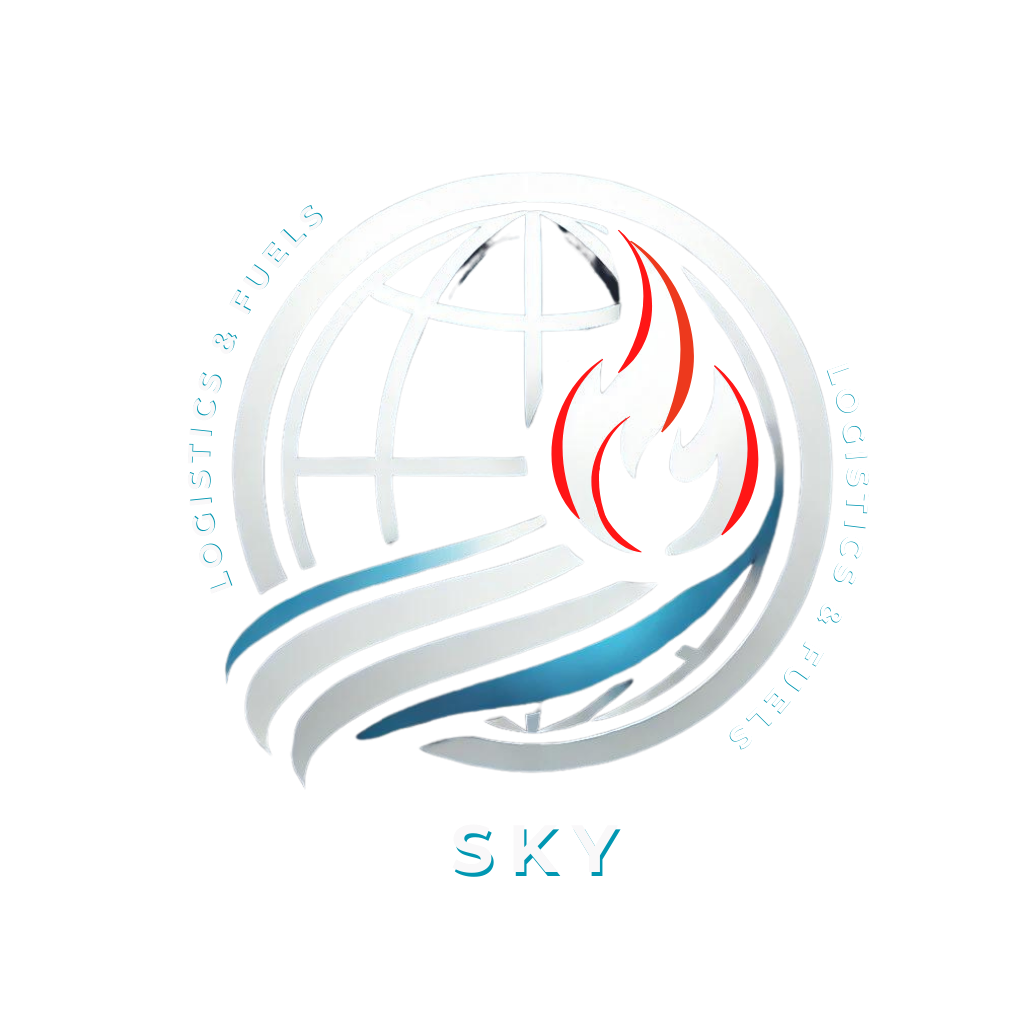The Crucial Link: Fuel Supply and Logistics Coordination
The relationship between fuel suppliers and logistics companies is paramount in ensuring the efficiency and effectiveness of distribution networks. As logistical operations increasingly rely on real-time data and seamless communication, the need for synchronized strategies has become even more critical. Efficient coordination between these two sectors significantly impacts delivery speed, operational efficiency, and the overall reliability of the supply chain.
Communication systems play a vital role in this interdependence. Fuel providers must maintain robust information sharing platforms that allow real-time updates regarding fuel availability and pricing. Such systems are essential not only for logistics companies to plan their operations effectively but also for managing fuel inventory efficiently. The timely exchange of data can help avert potential shortages that might arise due to unforeseen circumstances, such as geopolitical conflicts or natural disasters. Additionally, logistics companies can respond more adeptly to fluctuations in fuel prices, which can otherwise disrupt the cost structure of their operations.
Infrastructure is another critical component of this coordination. Fuel suppliers must ensure that they have an extensive and reliable network of fueling stations and distribution centers. This network should be strategically located to optimize delivery routes and minimize delays. Effective infrastructure reduces the risk of bottlenecks in the supply chain, promoting a smoother operational flow. However, challenges persist, including the volatility of fuel prices and the dynamic nature of fuel availability. Logistics companies must develop strategies to mitigate these challenges by diversifying fuel sources or investing in alternative energy solutions.
In summary, the synergy between fuel supply and logistics coordination is essential for enhancing operational efficiency. Both sectors need to prioritize communication and infrastructure improvements to address current challenges and prepare for future demands. This collaboration is crucial to ensuring that supply chains remain resilient and responsive to market fluctuations.
Innovations in Transportation and Fuel Optimization
With the increasing demand for sustainable logistics solutions, transportation firms are investing significantly in innovative technologies to enhance fuel efficiency and reduce operational costs. One of the key advancements in this area is route optimization software. This technology enables logistics companies to analyze various factors such as traffic patterns, road conditions, and delivery schedules to create the most efficient routes for their fleets. By minimizing travel distances and optimizing delivery times, these companies can significantly lower their fuel consumption, leading to reduced costs and a smaller carbon footprint.
In addition to route optimization, the selection of vehicles tailored to fuel efficiency has gained prominence within the logistics sector. Companies are increasingly investing in lighter vehicles and those equipped with fuel-efficient engines. Hybrid and electric vehicles are also being integrated into fleets as they offer substantial savings on fuel over time. Moreover, some logistics firms are adopting telematics systems that monitor vehicle performance and driver behavior, ensuring further optimization of fuel usage by promoting eco-friendly driving practices.
Alternative fuels are playing a crucial role in transforming logistics strategies as well. The adoption of biodiesel, compressed natural gas (CNG), and electricity as fuel sources presents viable options for reducing reliance on traditional fossil fuels. Companies that have successfully implemented these alternatives not only reduce greenhouse gas emissions but also often benefit from lower fuel costs and enhanced regulatory compliance.
Several case studies illustrate the impacts of these innovations. For instance, a leading logistics provider in North America reported a 20% reduction in fuel consumption after integrating advanced route optimization software and replacing its older vehicles with newer, more fuel-efficient models. Such success stories highlight the importance of continuous innovation in transportation, demonstrating its critical role in sustainable fuel production and logistics strategies.

